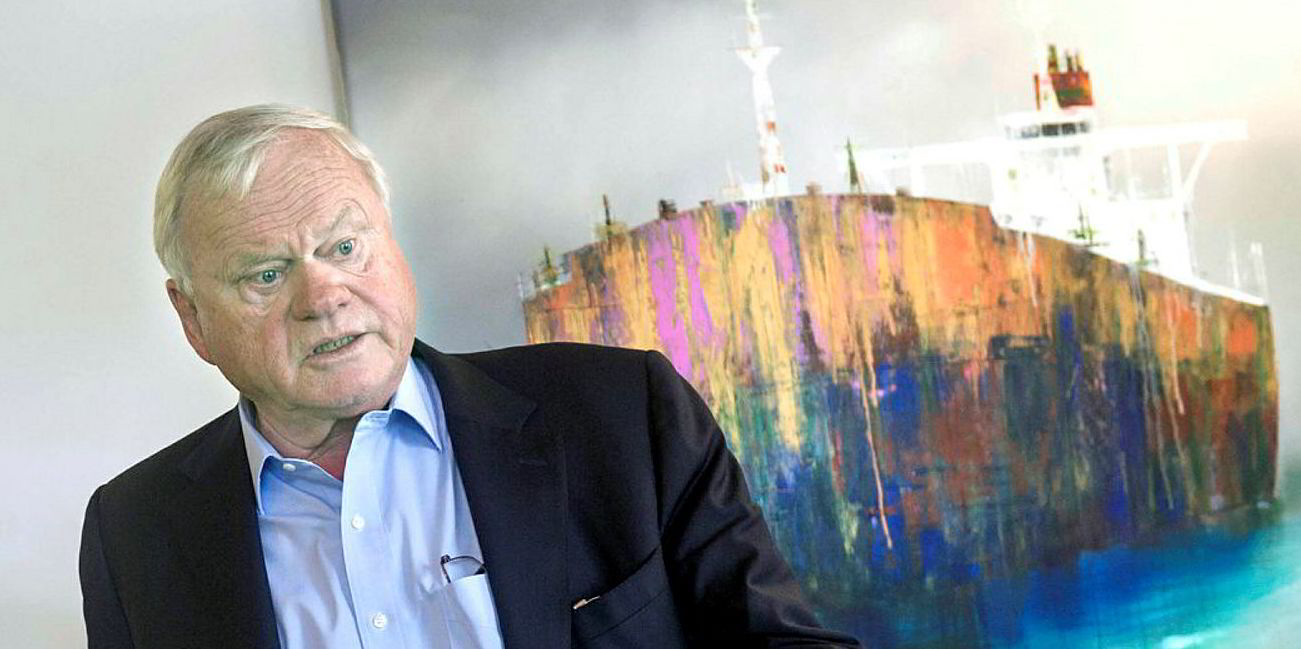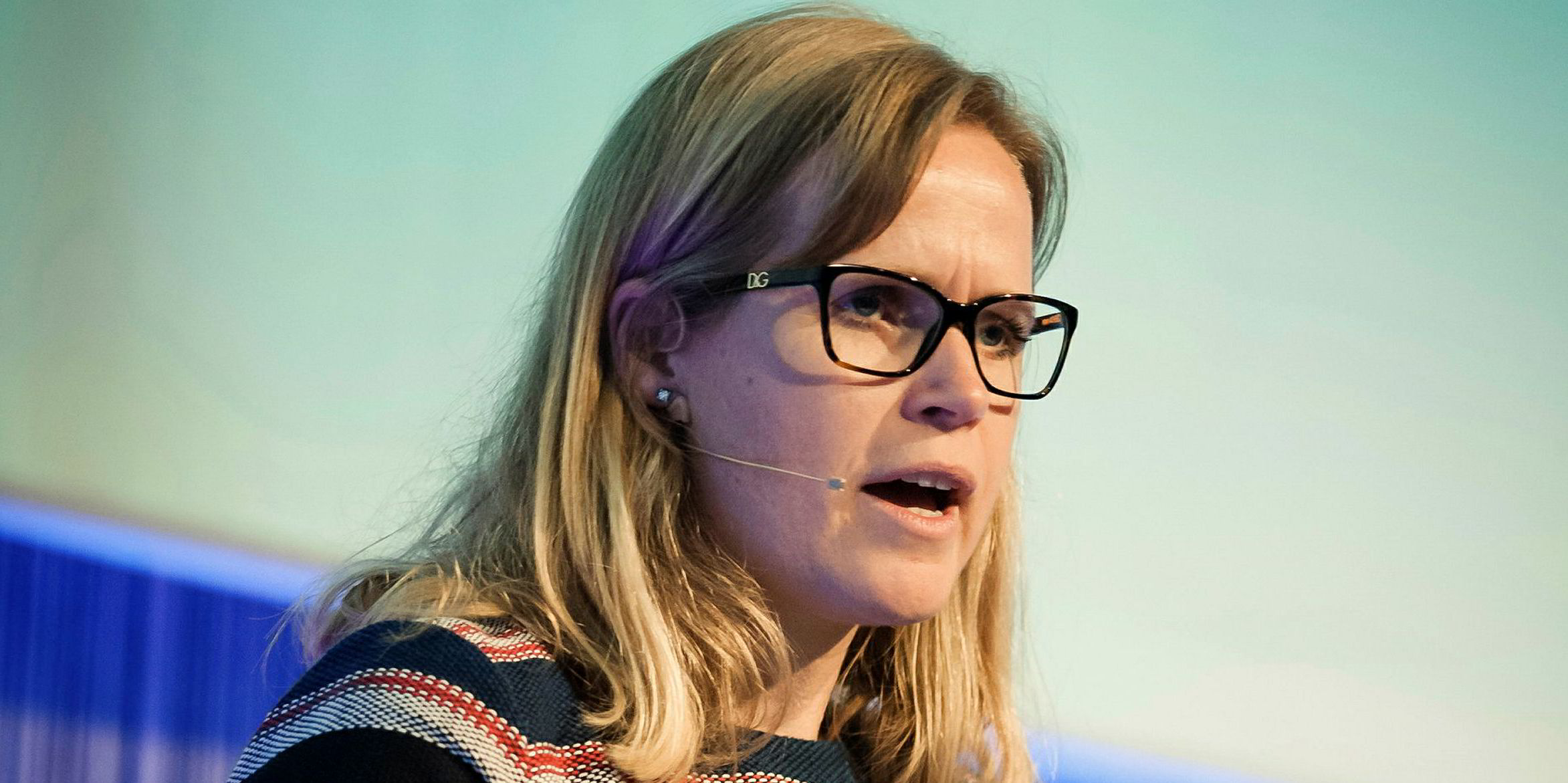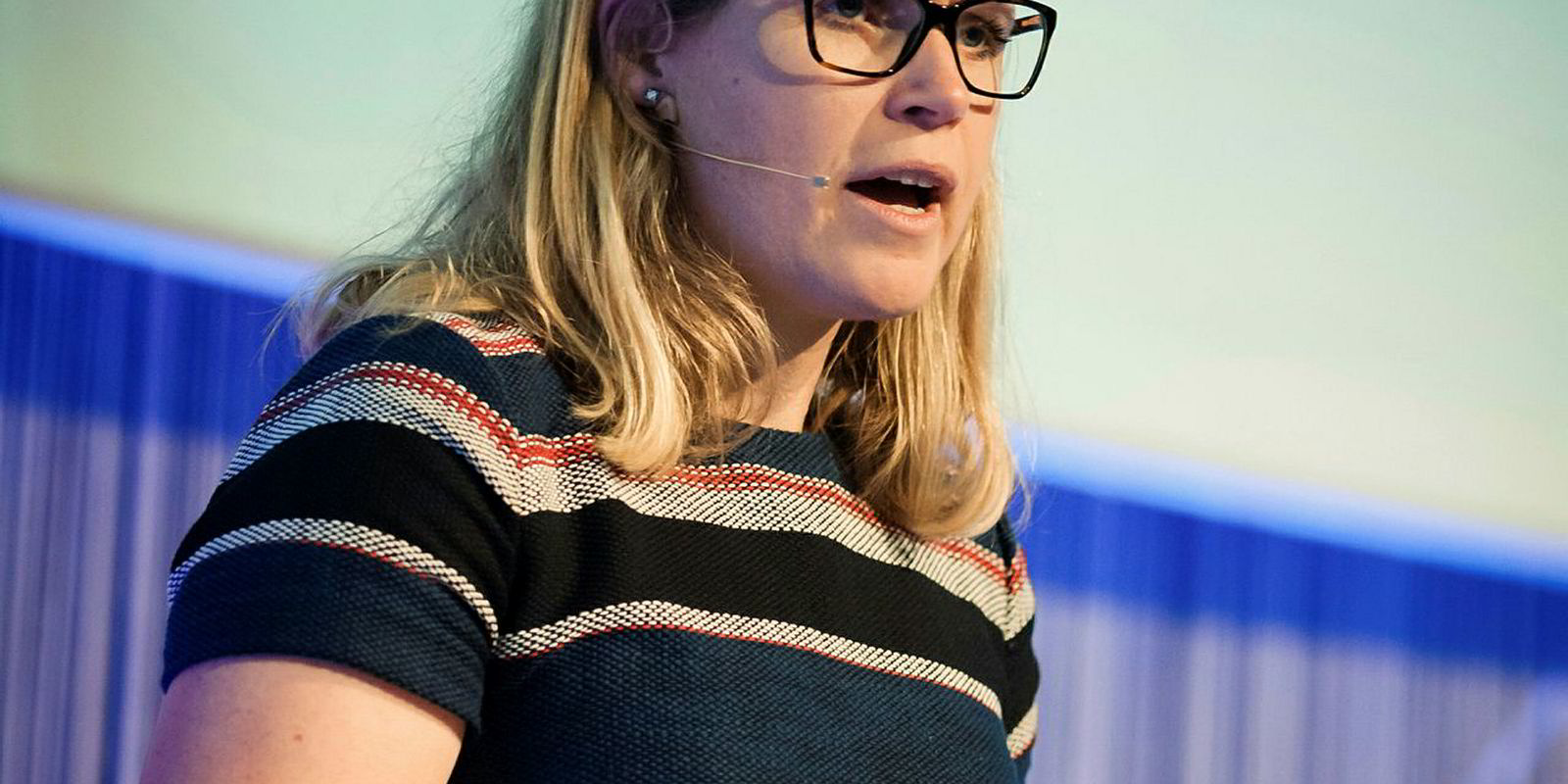John Fredriksen’s Golden Ocean has struck a 14-ship refinancing deal alongside a stronger-than-expected first-quarter performance.
Attention ahead of the report had been on whether the shipowner would retain its dividend given the difficulties experienced in the bulker market following Vale’s dam tragedy in the first quarter.
While the payout to shareholders was retained, it was the refinancing of 14 vessels bought in 2017 and tweaking of debt to include scrubber funding that caught the eye.
Per Heiberg, chief financial officer of Golden Ocean, said the refinancing was on favourable terms with both existing and new lenders.
“The refinancing reduces the cost of the debt for these vessels from a margin of 310 bps to 212 bps, and extends the amortization profile, which reduces the Company’s daily running cash break even rates by $1,300 for these 14 vessels and by $200 for the entire fleet," he said in a statement.
Golden Ocean says the $420m term loan which was set to mature in June 2020 will now run until June 2023, with an upsizing to partially finance scrubbers on 11 vessels. In all the company has plans to fit scrubbers of 19 capesize bulkers.
Analysts at Arctic Securities called the refinancing attractive and its first quarter earnings ahead of expectations.
Golden Ocean logged a loss of $7.5m for the quarter, equal to $0.05 per share, down from a profit of $23.6m in the fourth quarter of 2018.
Its loss per share of $0.05 was shallower than the $0.08 projected and analysts at DNB Markets note its core operating profit of $31.3m was 20% ahead of consensus.
A dividend of $.025 per share was declared, down from $0.05 in the fourth quarter, at a time multiple analysts had suggested the payout would be cut.
Birgitte Ringstad Vartdal, chief executive of Golden Ocean Management, said the results reflect a weaker market environment brought about by disruptions in iron ore trade and continued uncertainty due to trade tensions.
“Strong commercial performance with well-timed contract coverage late last year combined with a modern, fuel-efficient fleet allowed the company to generate earnings well above the market benchmarks in the quarter,” she said.
“In weaker markets with high fuel prices, the value of fuel efficiency gains relative importance.
“With IMO 2020 approaching we believe the benefit of having a modern, fuel-efficient fleet will continue to be a competitive advantage in the market."
Golden Ocean said the market was hit by several severe issues in the first quarter of which the tragic accident in Brumadinho was the most important.
“Going into the second quarter, capesize rates started to pick up but news flow is still adding volatility and uncertainty in the spot and forward markets,” Golden Ocean said.
"The inherent mean reverting characteristics of our market suggests that longer periods of market weakness will increase vessel recycling, and the latest period of high iron ore prices has led to destocking in China which should turn to restocking.
“A weaker market also reduces ordering of new vessels at the yards.”







